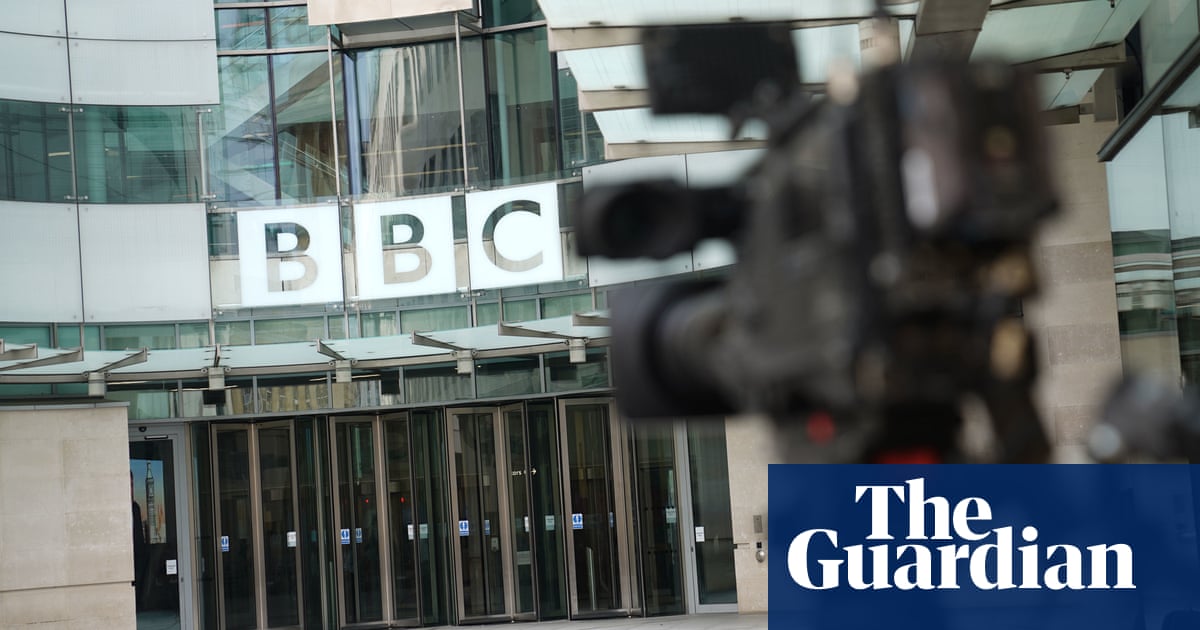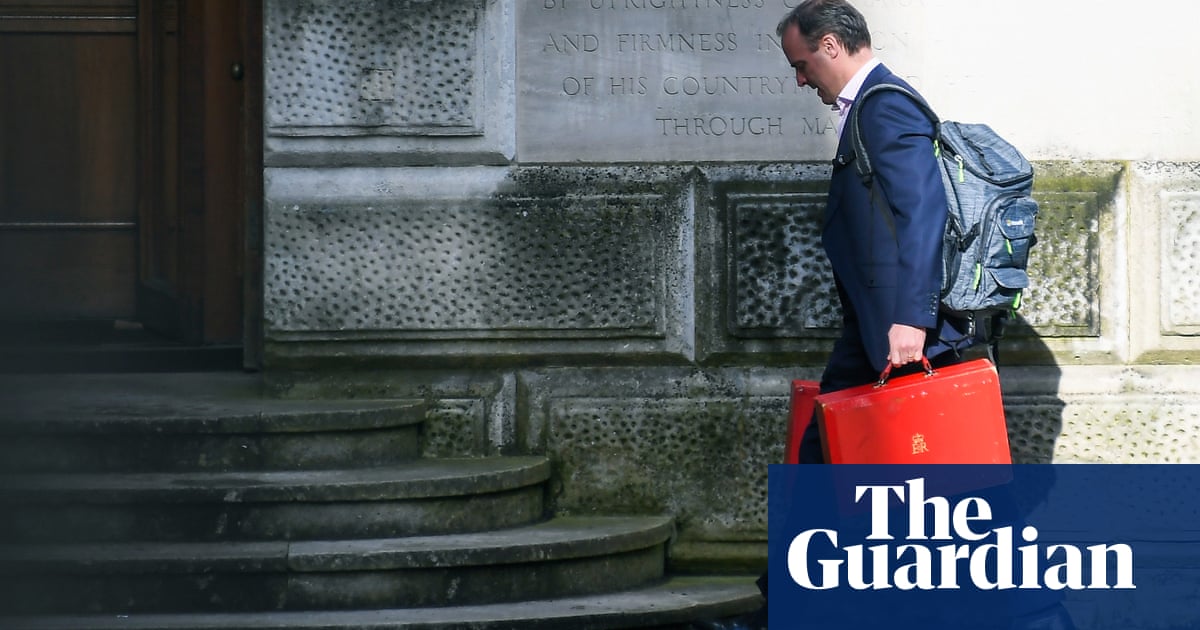
The BBC director general, Tim Davie, has offered to meet a prominent black media executive who, it is claimed, was blocked from a senior job at the broadcaster after making public interventions on race.
Marcus Ryder said he was approached earlier this year by the BBC to apply for a new role, based in Birmingham, overseeing Radio 1’s Newsbeat bulletins and the news service of the Asian Network.
However, despite making the final round of interviews for the job, Ryder found the BBC ultimately scrapped the entire recruitment process. Instead, the corporation gave the job of overseeing Newsbeat’s move out of London to an internal candidate on a 12-month contract.
“I had no intention of applying,” said Ryder, who is a visiting professor at the Sir Lenny Henry Centre for Media Diversity. “I don’t have that much interest in working for the BBC but they approached me and it’s appealing because I’m very interested in regional diversity and the role of Birmingham.
“I had two rounds of interviews and there was a third round where they asked my views on impartiality and social media. They seemed to be impressed – and I impressed on them the importance of impartiality. Then I didn’t hear anything and weeks went by.”
People with knowledge of the BBC’s recruitment process have told the Guardian that executives were concerned that the government would perceive Ryder’s potential appointment as controversial, especially in the middle of licence fee negotiations. The Daily Mail has previously reported similar claims, but the corporation denies any candidate was “vetoed”.
Ryder, who previously worked for eight years as head of current affairs programming at BBC Scotland, has written at length about increasing diversity in the media. He said he believed strongly in impartiality in a professional setting and had even written internal BBC training manuals on the topic. “In terms of party politics I’ve never said anything that aligns me to a political party.”
He said he had only twice publicly disagreed with the BBC’s editorial lines since leaving the corporation: when Naga Munchetty was reprimanded for reflecting on her views on Donald Trump, and when the corporation broadcast the N-word uncensored on a news report. Both decisions were ultimately overturned by the then director general, Tony Hall.
There is concern among BBC staff about politicisation of hiring processes for key roles, and whether candidates who have taken public stances on topics such as the Black Lives Matter movement or trans rights are be considered impartial in the eyes of the BBC’s managers. The corporation is in the process of hiring a new head of news to oversee all of its output, with a growing perception among staff that Davie would prefer an external candidate.
Other candidates approached for the Newsbeat and Asian Network job included Aaqil Ahmed, who spent two decades at the BBC and rose to become the first Muslim to be head of religion and ethics at the broadcaster. He also failed to make the cut, with the role instead going to the Birmingham-based Danielle Dwyer.
A BBC spokesperson said Davie had not vetoed any particular candidate over their views. “We’d never comment on who did or didn’t apply for a job. After an external search, BBC News decided that as this role was bringing together departments from across the country, we were looking for an internal candidate with an existing understanding of the BBC, so did not take forward any external candidates for this particular post.
“After a separate recruitment process, we appointed an internal candidate on a year’s secondment. This was a BBC News decision. It is wrong to suggest any veto was exercised on any candidate.”












